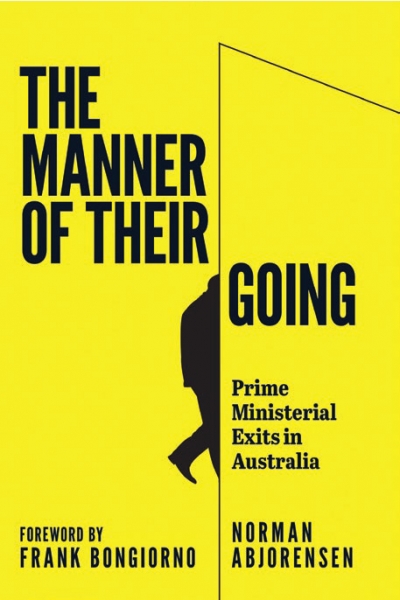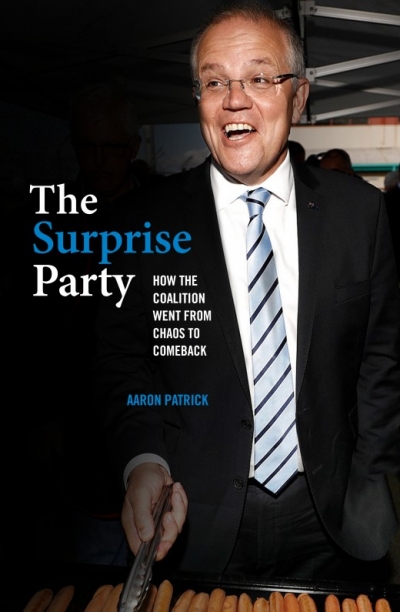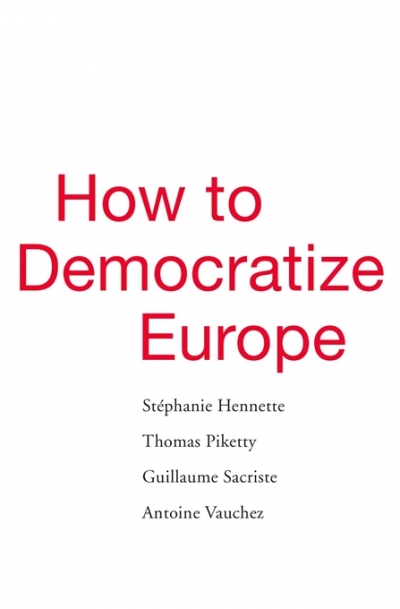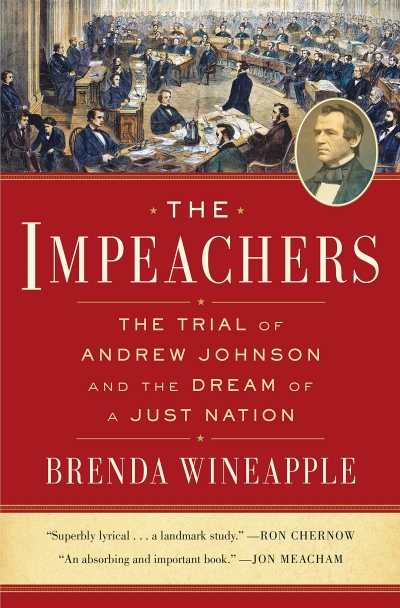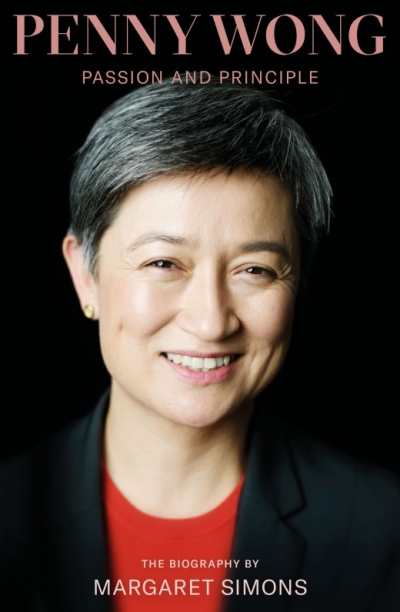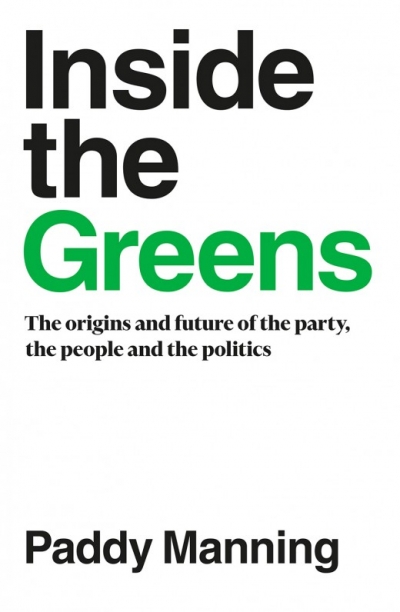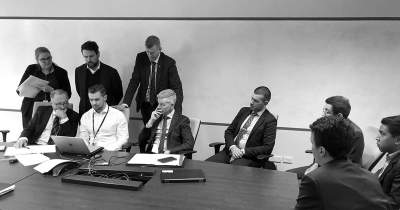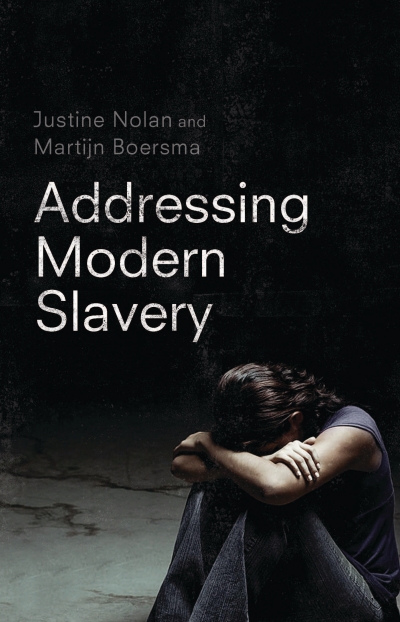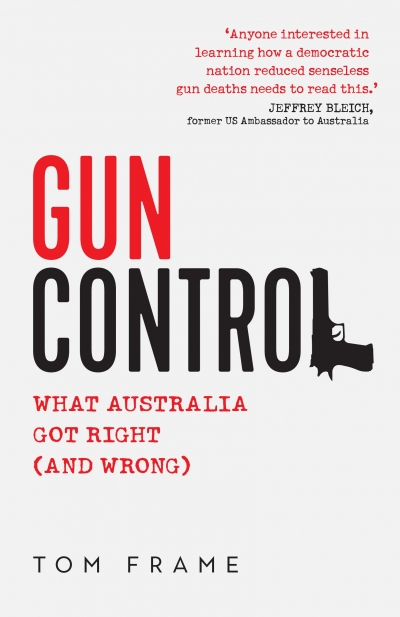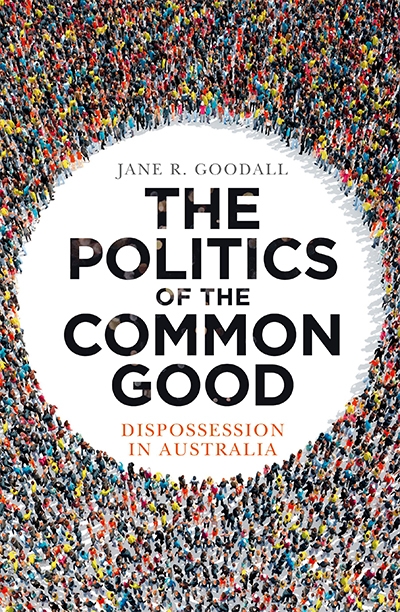Politics
The Manner of Their Going: Prime ministerial exits in Australia by Norman Abjorensen
by Lyndon Megarrity •
The Surprise Party: How the Coalition went from chaos to comeback by Aaron Patrick
by Shaun Crowe •
The Impeachers: The trial of Andrew Johnson and the dream of a just nation by Brenda Wineapple
by Samuel Watts •
Inside the Greens: The origins and future of the party, the people and the politics by Paddy Manning
by James Walter •
It is a famous parable. If a frog is dropped in boiling water, it will immediately leap out. But if placed in tepid water that is gradually heated, the frog will not notice the increasing temperature until it is boiled alive. The parable may be biologically inaccurate, but it remains instructive in the context of civil liberties ...
... (read more)Addressing Modern Slavery by Justine Nolan and Martijn Boersma
by Sayomi Ariyawansa •
Gun Control: What Australia got right (and wrong) by Tom Frame
by Kieran Pender •
The Politics of the Common Good: Dispossession in Australia by Jane R. Goodall
by Judith Brett •

